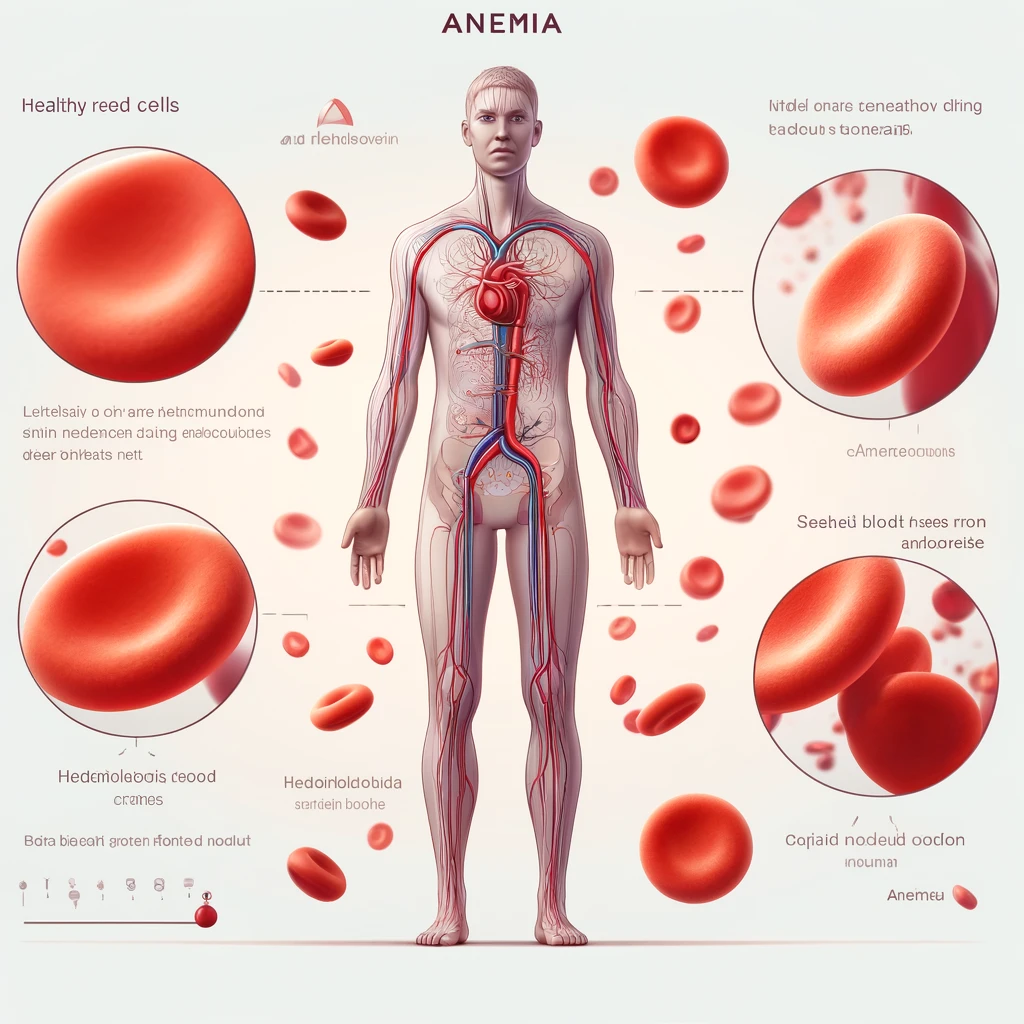Pain in the anus is an uncomfortable symptom that can affect anyone's quality of life. Understanding the causes behind this discomfort is essential to seeking appropriate treatment and relieving symptoms. In this article, we'll explore the common causes of anal pain, how to diagnose them, and the treatment options available.
Index
- Common Causes of Pain in the Anus
- When to See a Doctor
- Diagnosis
- Available Treatments
- Prevention
- Conclusion
- Frequently Asked Questions (FAQ)
Common Causes of Pain in the Anus
Hemorrhoids
Hemorrhoids are swollen veins in the anal area that can cause pain, itching and bleeding. They can be internal or external and are often caused by chronic constipation, straining during stool or pregnancy.
Anal Fissures
Anal fissures are small tears in the skin around the anus, usually caused by very hard stools or prolonged diarrhea. They can be extremely painful, especially during and after a bowel movement.
Abscesses and Fistulas
An anal abscess is an infection in the tissue around the anus, resulting in a collection of pus. An anal fistula is a small tunnel that forms between the end of the intestine and the skin around the anus. Both can cause severe pain, redness and swelling.
Infections
Different types of infections, including sexually transmitted infections (STIs), can cause pain in the anus. Additional symptoms may include discharge, itching, and discomfort when having a bowel movement.
Skin Problems
Dermatological conditions such as eczema and psoriasis can also affect the anal area, causing pain, itching and peeling skin.
When to See a Doctor
Although many causes of anal pain are mild and can be treated at home, it is important to seek medical advice if you experience any of the following symptoms:
- Severe or persistent pain.
- Anal bleeding not associated with visible hemorrhoids.
- Symptoms of infection, such as fever, chills, or pus.
- Inability to have a bowel movement or control bowel movements.
- Pain that worsens or does not improve with home treatments.
Diagnosis
To diagnose the cause of anal pain, your doctor may perform a series of tests, including:
- Detailed physical examination.
- Anoscopy, a procedure that uses a small instrument to view the anus and rectum.
- Colonoscopy, if you suspect more internal problems in the colon.
- Blood tests to detect infections or inflammation.
Based on the results, the doctor can identify the exact cause of the pain and recommend the most appropriate treatment.
Available Treatments
Home Treatments
For mild cases, there are several approaches you can do at home to relieve anal pain:
- Sitz bath with warm water several times a day.
- Use of anti-hemorrhoidal ointments.
- Maintain a fiber-rich diet to avoid constipation.
- Using over-the-counter pain relievers to relieve pain.
Medical Interventions
For more severe or persistent cases, your doctor may recommend more specific treatments, including:
- Medications prescribed to treat specific infections or inflammations.
- Procedures to remove hemorrhoids or treat anal fissures.
- Surgical interventions for abscesses, fistulas or other serious conditions.
It is crucial to follow medical advice to properly treat the underlying condition and avoid complications.
Prevention
Adopting healthy lifestyle habits can help prevent anal pain and the conditions associated with it. Some preventative measures include:
- Maintain a diet rich in fiber to facilitate the passage of stool and prevent constipation.
- Drink plenty of water throughout the day.
- Avoid excessive straining during evacuation.
- Exercise regularly to help prevent constipation.
- Keep the anal area clean and dry, but avoid excessive use of irritating soaps.
Conclusion
Pain in the anus can be a symptom of a number of conditions, from mild problems to more serious conditions that require medical intervention. It is important not to ignore persistent or severe pain and seek the guidance of a healthcare professional for the correct diagnosis and treatment. With the right preventative measures, it is possible to reduce the risk of developing anal problems and maintain good intestinal health.
Frequently Asked Questions (FAQ)
How long does pain in the anus usually last?
The duration of pain in the anus can vary depending on its cause. Mild problems such as small hemorrhoids or anal fissures may improve in a few days with home treatment, while more serious conditions may require medical intervention.
Is pain in the anus always a sign of hemorrhoids?
No, although hemorrhoids are a common cause of anal pain, there are several other conditions that can cause pain in the region, such as anal fissures, infections and dermatological problems.
Can I treat anal pain at home?
In many cases, mild pain can be treated at home with sitz baths, high-fiber diets, and adequate hydration. However, it is important to seek medical advice if the pain is severe or persistent.
How can I prevent anal pain?
Maintaining a healthy diet rich in fiber, staying hydrated, exercising regularly, and avoiding straining during bowel movements are key steps to prevent anal pain and related conditions.
When should I see a doctor for anal pain?
You should see a doctor if the pain is severe, if there is bleeding that is not associated with visible hemorrhoids, if you have symptoms of infection, or if the pain does not improve with home measures.








